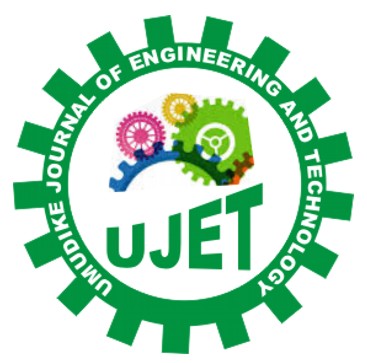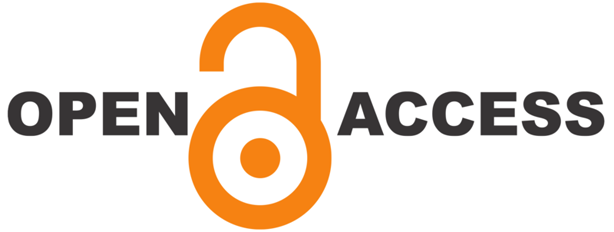|
Onah, A. J.
DEPARTMENT OF ELECTRICAL/ELECTRONIC ENGINEERING, MICHAEL OKPARA UNIVERSITY OF AGRICULTURE
Nwaorgu, A. O.
DEPARTMENT OF ELECTRICAL/ELECTRONIC ENGINEERING, MICHAEL OKPARA UNIVERSITY OF AGRICULTURE
Obasi, R. U.
DEPARTMENT OF ELECTRICAL/ELECTRONIC ENGINEERING, MICHAEL OKPARA UNIVERSITY OF AGRICULTURE
ABSTRACT
In the industrial set-up under consideration, 95% of the load consists
of three-phase induction motors. These motors consume large reactive power. A
survey showed that the maximum power demand of the industrial set-up was
1428kVA. The corresponding active power was 1000kW. That is to say that the
operating power factor was 0.7 lagging. This low power factor led to the large
kVA demand from the supply, heavy currents flowing in the cables and
switchgears. Eventually, losses in the form of heat were generated in the
system equipment, and consequently payment of huge electrical bills. The aim of
this paper is to show that losses can be reduced by improving the system power
factor, using bank of capacitors. We have also demonstrated how dynamic
compensation of reactive power, employing solid state devices like thyristors,
could be used to improve power factor. When the optimum power factor of 0.96
was achieved, the overall result is that the system operated more efficiently
and electrical losses was drastically reduced from 3936kW to1843kW.
Keywords: Power factor, reactive power, maximum demand, losses, and capacitor.
|
View: 409 | Download: 3
Published
Monday, June 22, 2015
Issue
Vol. 1 No. 1, June 2015
Article Section
GENERAL
The contents of the articles are the sole opinion of the author(s) and not of UJET.
|


